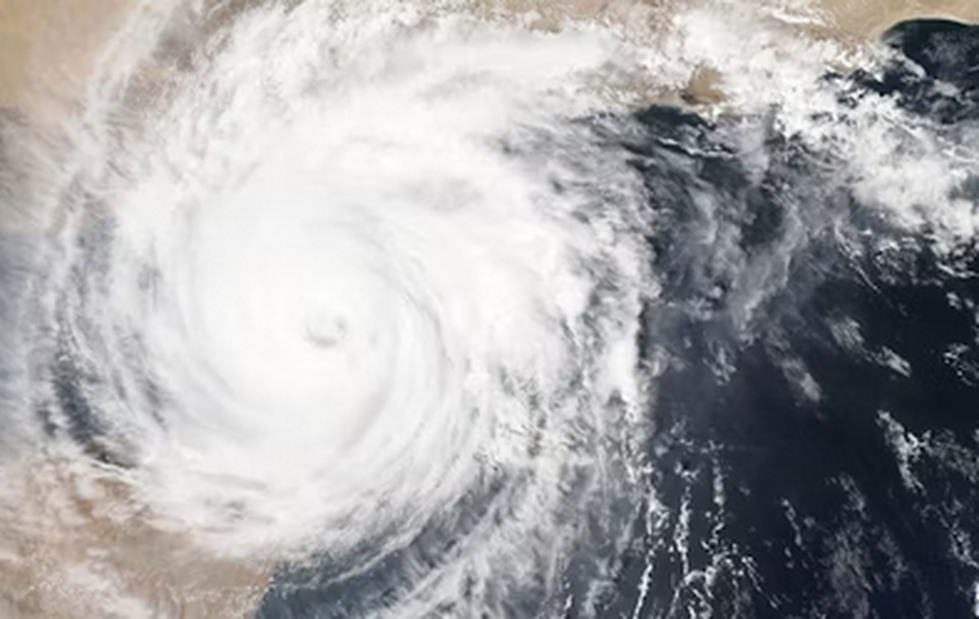PHILADELPHIA, PA - The world stands at a critical juncture. While technological advancements and global interconnectedness offer unprecedented opportunities, our environmental challenges are equally unparalleled. The next four years will be crucial in determining whether we can avert the worst impacts of climate change and safeguard the planet for future generations. Here's a look at some of the most pressing environmental threats we face:
1. The Escalating Climate Crisis: This remains the overarching threat. Rising global temperatures fueled by greenhouse gas emissions drive extreme weather events, sea-level rise, and biodiversity loss. The next four years will be crucial in implementing the Paris Agreement and transitioning to a low-carbon economy. Failure to do so will lock us into a future of increasingly severe climate impacts.
2. Biodiversity Loss and Ecosystem Collapse: The extinction rate is accelerating, with species disappearing at an alarming pace due to habitat destruction, pollution, and climate change. This biodiversity loss weakens ecosystems, disrupts food chains, and threatens human well-being. Protecting and restoring natural habitats will be essential in the coming years.
3. Plastic Pollution: Plastic waste continues to plague our oceans, land, and even our bodies. The next four years must see a significant reduction in plastic consumption, increased recycling rates, and innovative solutions to tackle the plastic already polluting our environment.
4. Water Scarcity and Stress: Growing populations and unsustainable water use are leading to water shortages in many regions. The next four years will require better water management practices, investment in water-efficient technologies, and international cooperation to ensure equitable access to this vital resource.
5. Air Pollution: Air quality remains a significant concern in many cities, leading to respiratory problems and other health issues. Tackling air pollution will require stricter regulations on emissions, promoting clean transportation, and transitioning to cleaner energy sources.
6. Deforestation and Land Degradation: Forests play a vital role in regulating climate and supporting biodiversity, yet deforestation continues alarmingly. Protecting existing forests and restoring degraded land will be crucial in the coming years.
7. Intensifying Natural Disasters: As climate change worsens, we can expect more frequent and severe natural disasters, including hurricanes, floods, wildfires, and droughts. Investing in disaster preparedness and building resilient communities will be essential in mitigating the impacts of these events.
The Path Forward:
These environmental threats are interconnected and require a multi-faceted approach. The next four years will demand strong leadership, international cooperation, and individual action. We need to:
- Transition to renewable energy sources: Accelerate the shift from fossil fuels and invest in solar, wind, and other clean energy technologies.
- Embrace sustainable consumption and production: Reduce waste, promote circular economy models, and encourage responsible consumption habits.
- Protect and restore nature: Conserve biodiversity, restore degraded ecosystems, and manage natural resources sustainably.
- Invest in research and innovation: Develop new technologies and solutions to address environmental challenges.
The challenges are immense, but so are the opportunities. We can build a more sustainable and resilient future for all by acting decisively and collaboratively.
#Environment #ClimateChange #Sustainability #Biodiversity #Pollution #GlobalChallenges #FutureofthePlanet
